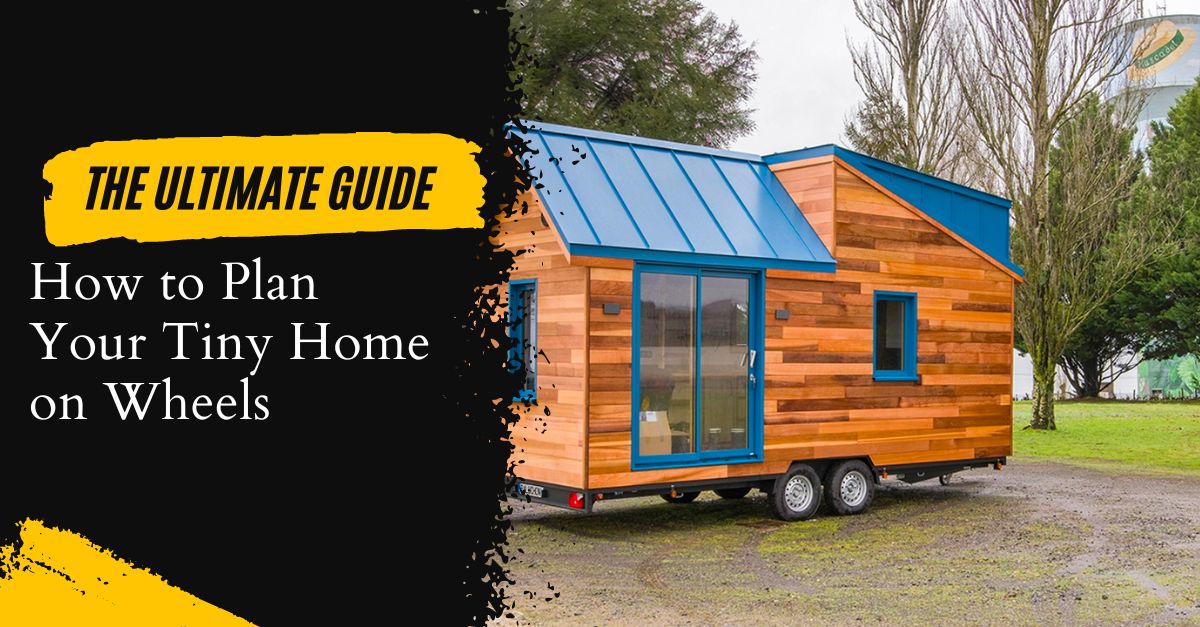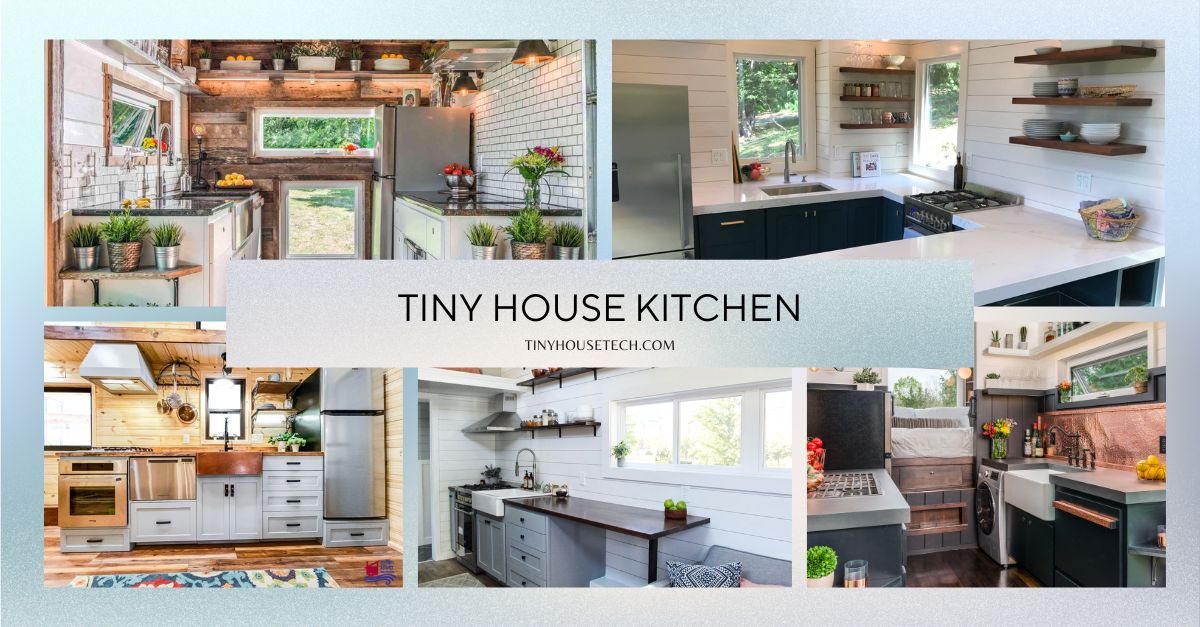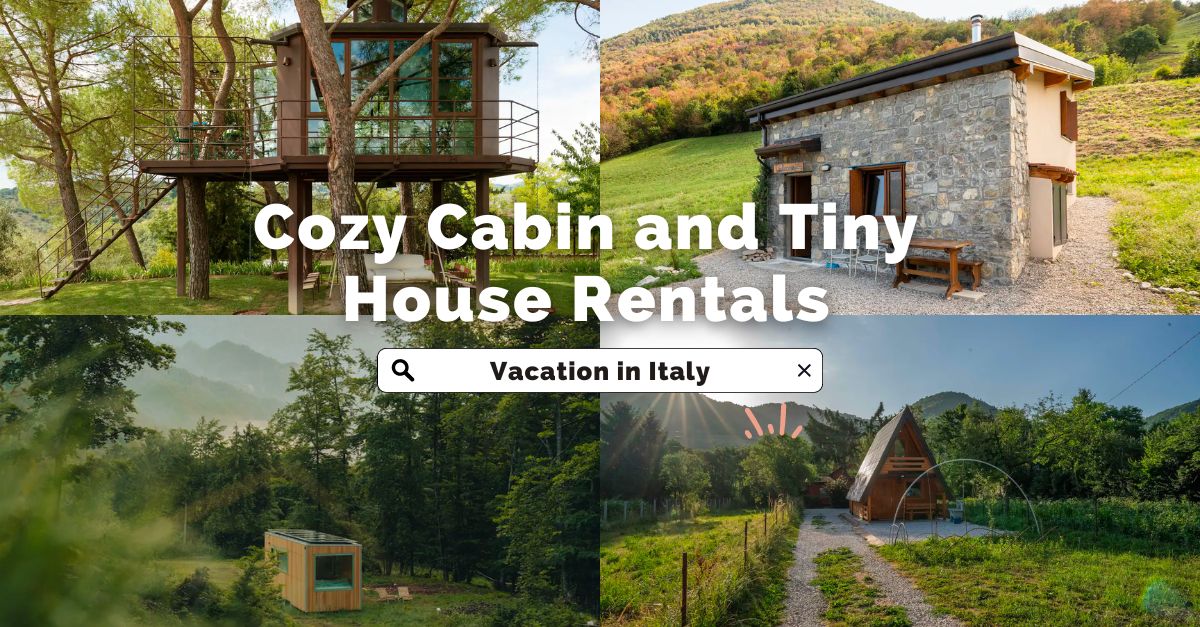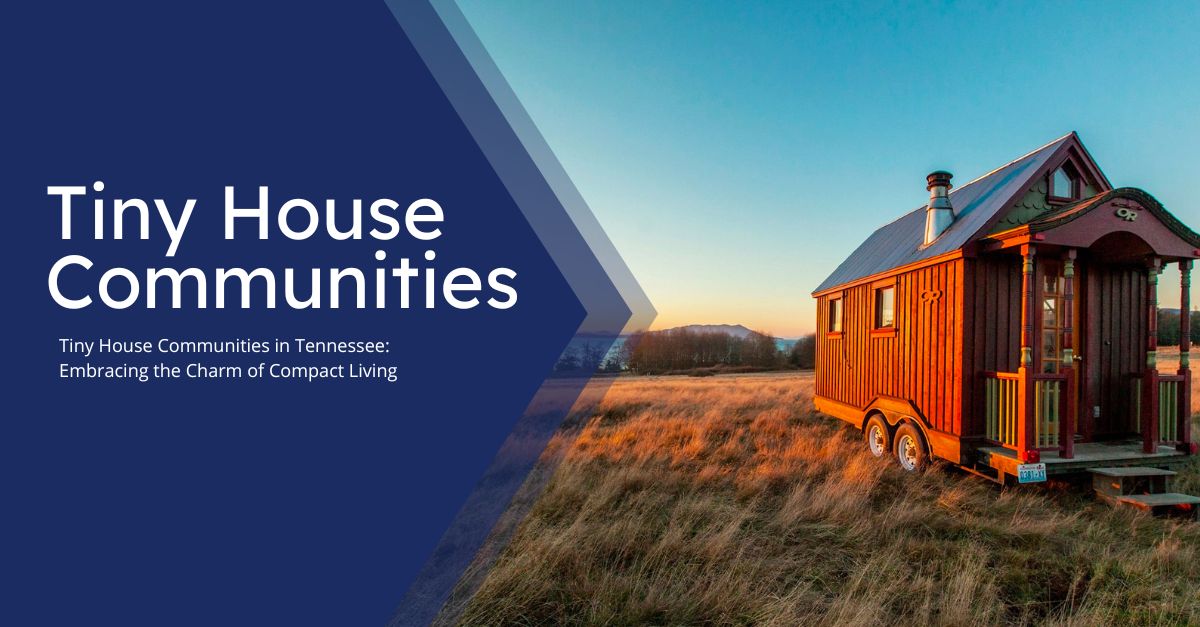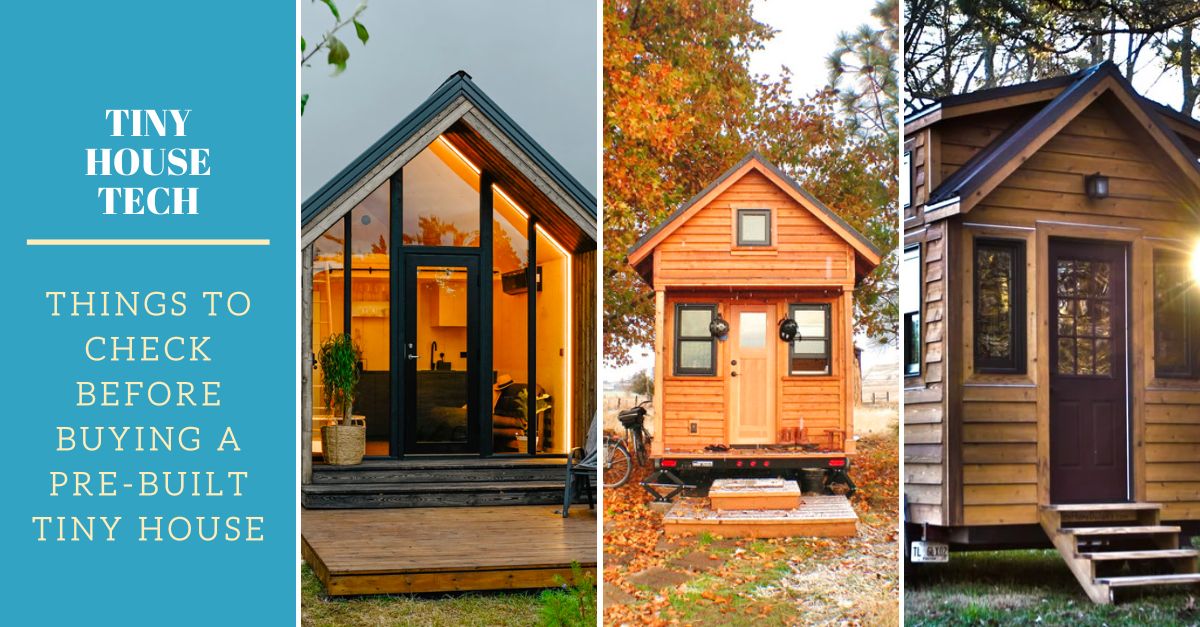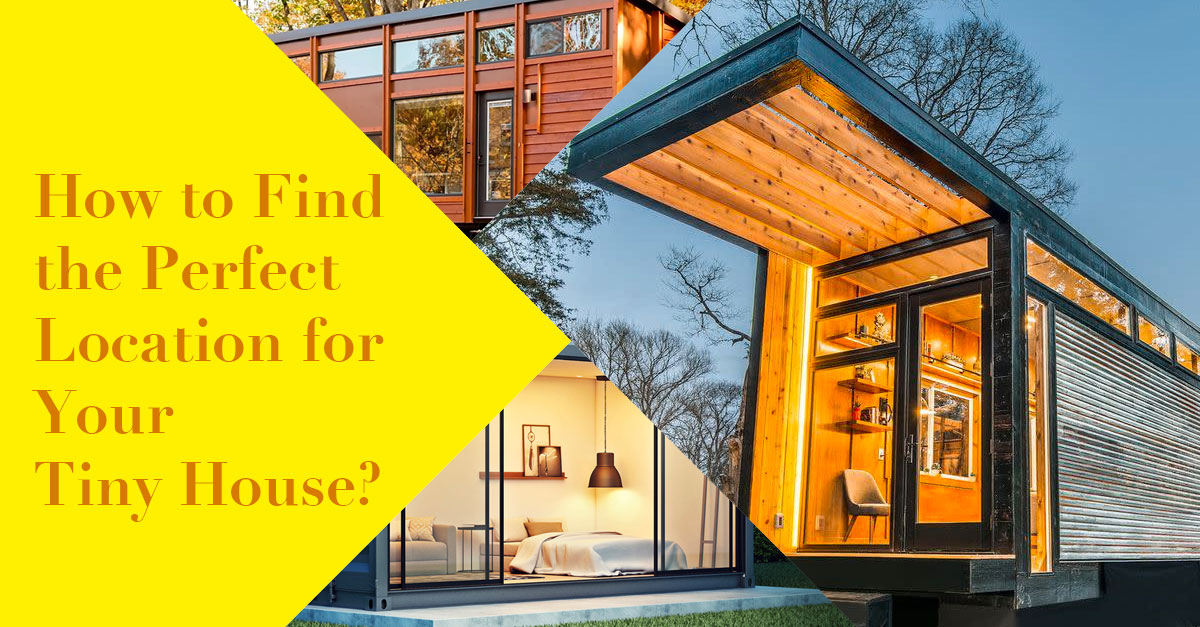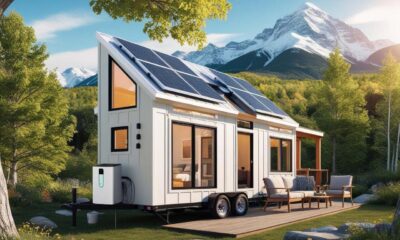House on Wheel
Tiny Home on Wheels vs. Traditional RV: Which is Right for You?
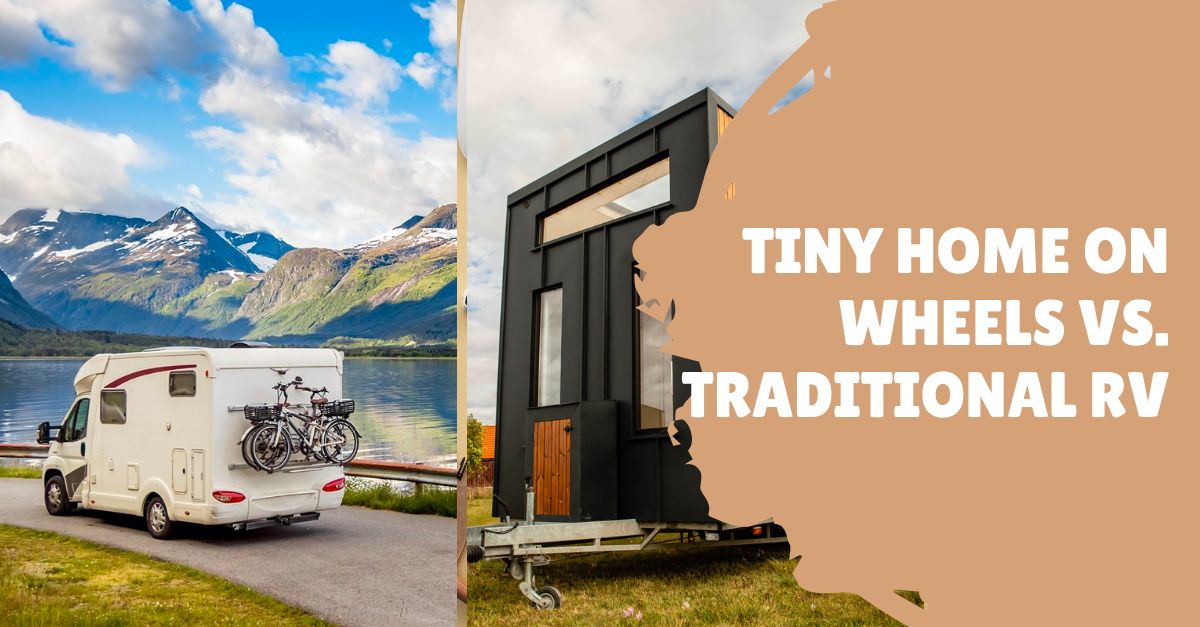
When it comes to mobile living, there are two popular options to consider: a tiny home on wheels and a traditional recreational vehicle (RV). Both offer the freedom of mobility, but they differ in various aspects. If you’re considering a mobile lifestyle, it’s important to understand the differences between these two options to make an informed decision. In this article, we’ll compare tiny homes on wheels and traditional RVs, helping you determine which is the right choice for you.
Tiny Home on Wheels
A tiny home on wheels is a compact, self-contained dwelling that typically resembles a small house. These homes are often custom-built and designed to be permanent residences. Here are some key features and considerations:
- Size and Space: Tiny homes on wheels are usually larger than traditional RVs and provide more living space. They offer the opportunity for creative and efficient design to maximize functionality and comfort.
- Customization: Tiny homes on wheels allow for a high level of customization. You can design and personalize your space according to your preferences and needs, making it truly your own.
- Sustainability: Many tiny homes on wheels prioritize sustainability. They often incorporate eco-friendly features like solar panels, composting toilets, and energy-efficient appliances, allowing for a more environmentally conscious lifestyle.
- Permanent Living: Tiny homes on wheels are often intended for permanent or long-term living arrangements. They are built with durability in mind and can provide a more stable and permanent housing solution.
Traditional RV
A traditional RV, also known as a motorhome or camper, is a vehicle designed for both travel and temporary living. Here are some key features and considerations:
- Mobility: RVs are designed for frequent travel and provide the flexibility to explore various locations. They offer the convenience of having both transportation and accommodation in one unit.
- Convenience: RVs are equipped with amenities such as kitchens, bathrooms, and sleeping areas, making them self-contained and convenient for temporary living while on the road.
- Variety of Options: There is a wide range of RV models and sizes available, allowing you to choose one that suits your specific needs and budget. From compact campervans to luxurious motorhomes, there is an RV for every lifestyle.
- Recreational Use: RVs are commonly used for recreational purposes, such as vacations or weekend getaways. They provide a comfortable and convenient way to enjoy the outdoors and explore new destinations.
Which is Right for You?
Choosing between a tiny home on wheels and a traditional RV depends on your lifestyle, preferences, and priorities. Consider the following factors:
- Long-Term vs. Temporary Living: If you’re looking for a permanent or long-term housing solution, a tiny home on wheels may be the better choice. If you prefer a more transient lifestyle or frequent travel, an RV offers the flexibility and mobility you need.
- Customization: If personalization and design control are important to you, a tiny home on wheels provides more opportunities for customization. RVs typically come with pre-designed layouts and limited customization options.
- Space and Amenities: Consider your space requirements and the amenities you prioritize. If you need more living space and are willing to sacrifice some mobility, a tiny home on wheels may be ideal. If compact living and on-the-go convenience are more appealing, an RV could be the better fit.
- Budget: Evaluate your budget and financial considerations. Tiny homes on wheels tend to have higher upfront costs due to customization and construction, while RVs may have lower initial costs but ongoing expenses for maintenance, fuel, and campground fees.
Ultimately, the decision between a tiny home on wheels and a traditional RV depends on your lifestyle goals, preferences, and priorities. Take the time to evaluate your needs and carefully consider the advantages and limitations of each option to make an informed choice.
FAQs (Frequently Asked Questions)
Can I legally live in a tiny home on wheels?
The legality of living in a tiny home on wheels varies by location. It’s important to research and understand local zoning laws and regulations to ensure compliance and avoid potential legal issues.
Are tiny homes on wheels more expensive than traditional RVs?
Tiny homes on wheels generally have higher upfront costs due to customization and construction. Traditional RVs can vary in price depending on the model and amenities but may have lower initial costs.
Can I park a tiny home on wheels anywhere?
Parking regulations for tiny homes on wheels vary by jurisdiction. Some areas allow them in designated tiny home communities or RV parks, while others have more restrictive regulations. Research local regulations before parking your tiny home.
Are tiny homes on wheels easy to tow?
Towing a tiny home on wheels requires a suitable vehicle and proper towing equipment. It’s essential to ensure you have the necessary towing capacity and follow safety guidelines when towing your home.
Can I finance a tiny home on wheels?
Obtaining financing for a tiny home on wheels can be more challenging than financing a traditional house or RV. Explore options such as personal loans, RV loans, or working with lenders specializing in tiny home financing.
For more information on designing your tiny home on wheels and the must-have features to consider, check out our article on 10 Must-Have Features for Your Tiny Home on Wheels. This guide will provide you with valuable insights to create a functional and comfortable living space.
Latest Post
June 12, 2023
The Ultimate Guide: How to Plan Your Tiny Home on Wheels
Welcome to the ultimate guide on how to plan your tiny home on wheels! Building a tiny…
June 7, 2023
Discover the Charming Bristol Tiny House Community: Embrace Sustainable Living in Southwest England
Welcome to the picturesque city of Bristol, nestled in the heart of Southwest England. Known for its…
June 5, 2023
Tiny House Kitchen: Designing for Efficiency and Style
Tiny houses have gained significant popularity in recent years, offering an alternative way of living that embraces…
June 2, 2023
Cozy Cabin and Tiny House Rentals for Your Vacation in Italy
When planning your vacation in Italy, why settle for ordinary accommodations when you can stay in a…
June 1, 2023
Tiny House Communities in Tennessee: Embracing the Charm of Compact Living
Tiny house communities in Tennessee are like tightly-knit villages nestled within the picturesque landscape, where small homes…
May 31, 2023
Tiny House Living Meets Furry Friends: Pet-Friendly Tips for Tiny House Living
Are you a pet lover embracing the world of tiny house living? Wondering if your furry friends…
May 30, 2023
Things to Check Before Buying a Pre-Built Tiny House
Buying a pre-built tiny house is like embarking on a thrilling adventure. But just like any journey,…
May 29, 2023
How to Find the Perfect Location for Your Tiny House?
Finding the perfect location for your tiny house is a crucial step in realizing your dreams of…
Previous
Next
Loading…

